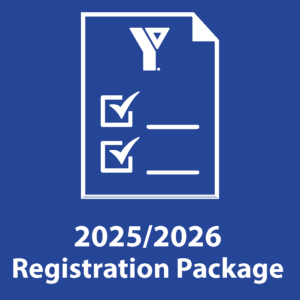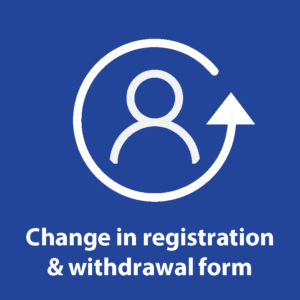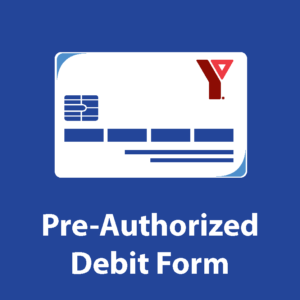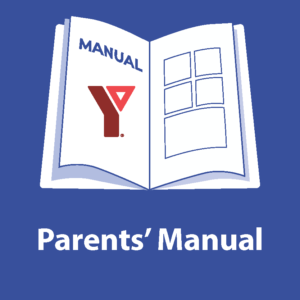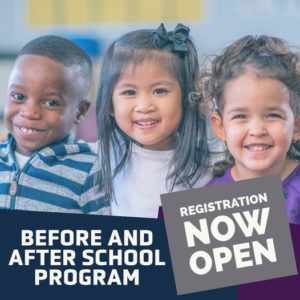 A PLACE TO CONNECT
A PLACE TO CONNECT
Our programs are designed to be active, healthy, and fun, emphasizing letting children make their own choices. YMCA staff develop a special relationship with each child, helping them develop new physical, cognitive, emotional, and social skills in a caring, nurturing environment.
What can my child expect in YMCA Before and After School Care?
- A nurturing relationship with YMCA staff who will encourage their individual development and attend to their emotional needs
- Lots of physical activities, games, and outdoor play to help them wind down after school
- Spending time and having fun with other children, including those they may not interact with during the school day
- Planned activities driven by their interests to allow them to explore arts and crafts, science, math, reading and more
- Opportunities to take on leadership roles in the program
How do we ensure program quality?
- Staff receives comprehensive, ongoing training that supports their existing knowledge and experience, including:
- Introduction to YMCA – A Place to Connect/Child Development
- Relationship Building
- Program Planning
- Topics such as Physical Activity, Bullying Awareness, Healthy Child Development, and Developmental Assets
The training covers policies and procedures, child safety and protection, program planning, healthy child development, relationship-based approach to care, physical activity and nutrition, games and activities, etc.
Annual Evaluations
Every school-age program is assessed on an annual basis. The assessment is comprehensive, examining program planning, relationships, aesthetics, choice, and activities.
Health and Wellness
Appropriate personal hygiene and increased education around cleaning, disinfecting, and appropriate guidelines to manage the spread of illnesses.
Site rules are developed with the children’s input. All imposed rules are explained and consistently and respectfully managed.
Physical Activity offered daily with outdoor play daily (weather permitting)
What is Physical Literacy?
Physical literacy is the motivation, confidence, physical competence, knowledge, and understanding to value and take responsibility for engagement in physical activities for life.
Why is Physical Literacy important?
Movement is fundamental to health and development, and our children need to learn how to walk before they can run. Many children fall behind in learning basic movement skills for several reasons. Physical literacy training addresses the need for a return to basic and helps make learning movement fun and meaningful in a way that promotes feelings of success, self-esteem, and accomplishment. These skills will motivate and empower youth to build positive connections to movement for their whole life.
Staff are trained in the YMCA Physical Literacy competencies and can plan and build the fundamental movement skills into the program. Through games, obstacle courses, and activities geared towards building the physical skills and abilities for life long active lifestyles.
At the YMCA we understand that the most important people in a child’s life are their family. Involving, consulting with, and informing family members about YMCA programs helps a child feel a greater sense of belonging.
To ensure that we are meeting the needs of both our children and their families, we want to ensure a consistent channel of information with everyone involved.
Our communication strategy will include:
- Comprehensive questionnaire provided to families once per year
- Use of the YMCA Open Line feedback portal by families to provide ratings of program quality
- Encourage in-person meetings with parent councils once per year to gain feedback.
Before & After School Programming will be offered at these locations
École St. Margaret – 495 5th Ave NE
St. Michael School – 920 11th Ave NW
Our Lady of Hope School – 1700 Vermont Road
Coteau Hill School – 1700 Vermont Road
2025/2026 Monthly Program Fees
Full-Time = $380.00
Part-Time (morning AM) = $250.00
Part-Time (afternoon PM) = $250.00
Useful Links

